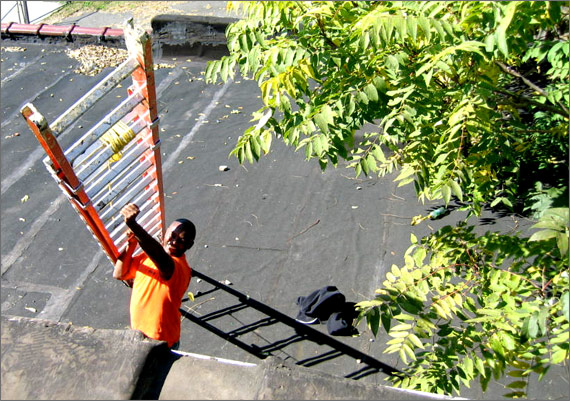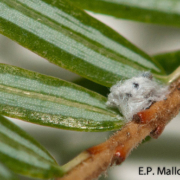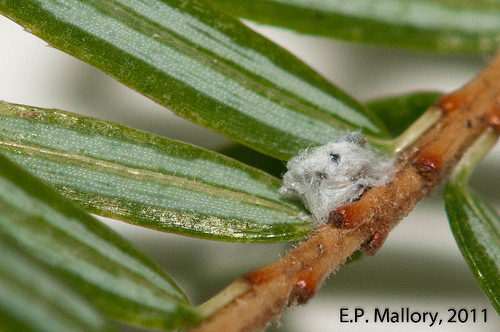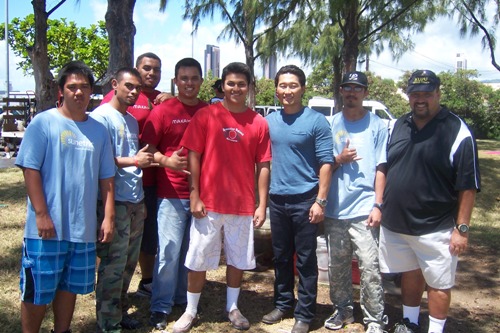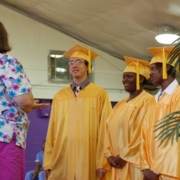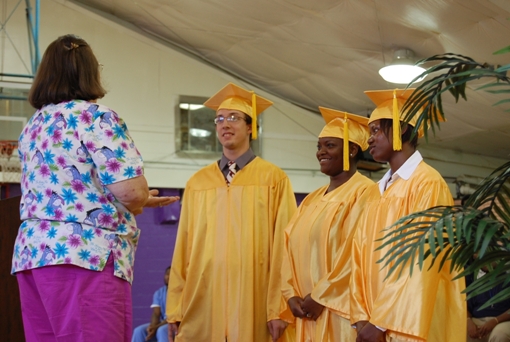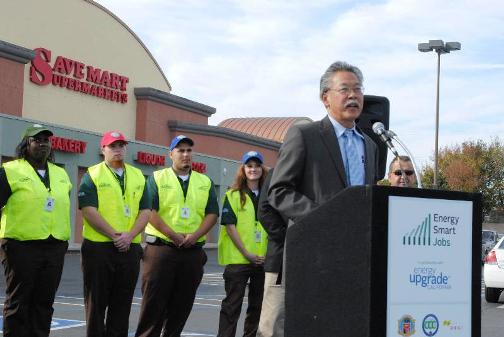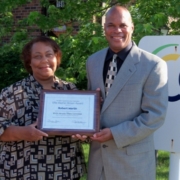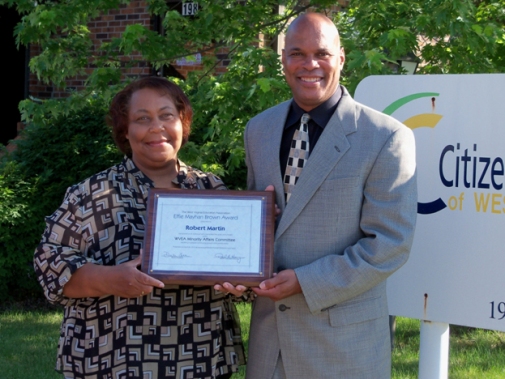The Corps Network and Planters Unveil New Park in Historic Washington, DC Neighborhood

The Corps Network and Planters Unveil New Park in Historic Washington, D.C. Neighborhood
WASHINGTON, D.C. — Today The Corps Network, the voice of the nation’s Service and Conservation Corps, and Planters, America’s leading snack nut brand, unveil the second of three planned urban parks known as Planters Groves in Lincoln Heights, a historic Northeast Washington D.C. neighborhood. The Corps Network’s local members, Washington Parks & People, Earth Conservation Corps, and the Student Conservation Association worked withPlanters and many other community partners to transform land into the peanut-shaped park. ECoRe, a provider of engineering services that emphasize sustainability and renewable energy, managed the build and helped coordinate the Volunteer Corps work on site.
The Washington, D.C. Planters Grove is located at 50th Street and Nannie Helen Burroughs Avenue, NE. U.S. Congresswoman Eleanor Holmes Norton (Washington, D.C.) and Mayor Vincent Gray will join other local dignitaries, community members, and Mr. Peanut to celebrate the new park with a day of volunteer planting. Planters envisioned its Groves as a means to transform underdeveloped and underutilized urban land into vibrant, green spaces. They are an important part of Planters 2011 “Naturally Remarkable” Tour, an effort to advance the brand’s values of healthy lifestyles and sustainability.
Sally Prouty, President and CEO of The Corps Network remarked, “The Planters Grove now takes its place as a nexus of neighborhood revitalization, community service and outdoor activity. Our work with Planters is proof that public-private partnerships can seed community transformation and growth.”
Designed by renowned landscape architect Ken Smith, Planters Groves are part urban revitalization, part urban art. Each Planters Grove features unique elements that promote sustainability and reflect the neighborhood’s unique culture and heritage. The Washington, D.C. Planters Grove includes:
• 39 newly-planted fruit and nut trees, in addition to 67 serviceberry trees,which expand Washington, D.C.’s tree canopy, as well as provide health and environmental benefits to local residents such as improved air quality and lower summer air temperature
• A border of reclaimed porch columns frames the park’s unique peanut-shape and highlights the neighborhood’s “front porch” culture
• A rainwater garden collects storm water excess and helps decrease the amount of pollution reaching the adjacent stream
• Azaleas incorporated into the park’s design note the beginning of America’s urban environmental movement, which began when Lady Bird Johnson responded to the plea of local eight-year-old John Hatcher for azalea bushes for his housing development
The Washington, D.C. Planters Grove builds upon recent efforts by the D.C. Department of Parks & Recreation to redevelop the broader Marvin Gaye Park corridor into a hub of outdoor recreation, civic participation, and public-private partnership. Additionally, the Planters Grove complements the D.C. Department of Transportation’s sustainable streetscape improvement project currently underway.
“The Planters Grove is a welcome addition to a location that has deep historical and cultural significance and fits in perfectly with the District’s goals of providing healthy lifestyle choices for residents of all ages for generations to come,” said Jesùs Aguirre, Director of the D.C. Department of Parks & Recreation.
Scott Marcus, a Senior Brand Manager for Planters said “Peanuts are truly a ‘naturally remarkable’ food. They have a rich American heritage and, in many ways, are both good for you and good for the earth. Planters is excited to work with the local D.C. community to create a natural space in our nation’s capital that celebrates the peanut and promotes healthy living and sustainability.”
In 2011, the first Planters Grove opened in New Orleans. An additional Planters Grove will be created later this year in New York City.
To follow The Corps Network’s partnership with Planters and get updates on our work, you can “Like” The Corps Network on Facebook at www.facebook.com/TheCorpsNetwork and“Like” Mr. Peanut on Facebook at www.facebook.com/mrpeanut.
To learn more about Corps in your state and ways to volunteer, visit www.corpsnetwork.org.
About The Corps Network: Established in 1985, The Corps Network is the voice of the nation’s 158 Service and Conservation Corps. Currently operating in 48 states and the District of Columbia, The Corps Network enrolls more than 33,000 young men and women annually in service in addition to mobilizing approximately 227,000 community volunteers each year. For more information contact Rob Spath at rspath@corpsnetwork.org or visit www.corpsnetwork.org
About Planters: Planters, America’s leading snack nut brand, has a long history of pioneering industry firsts. This inventiveness is delivered through a diverse portfolio of nutritious and delicious plant-based snacks such as peanuts, cashews, almonds and other nuts. Planters NUT•rition offers a distinctive line of nut mixes that focus on specific nutritional needs. Planters almonds and pistachios are roasted with real herbs and spices, delivering extraordinary flavor. Planters Trail Mix blends roasted nuts, delicious fruit and other wholesome ingredients to help fuel an active lifestyle.
About Planters Sustainability: Planters has made considerable investments in greening their facilities through energy and water conservation, as well as waste reduction. As part of its brand citizenship, Planters has committed, in collaboration with The Corps Network, to developing green, natural spaces called Planters Groves across the U.S. The brand’s commitment to nut farmers is extended through the African Cashew Alliance (ACA), an initiative to improve cashew production, sustainability practices and increase the cashew-related income of 150,000 cashew farmers by 2012.
About ECoRe: ECoRe is a provider of engineering consulting services, specializing in clean technology development, engineering and integration of renewable energy solutions, and developing sustainable communities. ECoRe focuses on addressing diverse energy-related needs by forming integrated management teams to develop energy solutions that foster sustainable communities and provide affordable, tailored solutions. Their team of engineers and sustainability professionals bring sustainable solutions – both financially and environmentally – to the people and companies that have traditionally been underserved by the sustainability community. Learn more at www.ecoreventures.com.
About Parks & People: Washington Parks & People began 20 years ago with Meridian Hill/Malcolm X Park, receiving the National Park Service’s highest organizational award for leading the transformation of the single most violent park in the capital region into one of its safest. We lead greening initiatives across the city — massive land reclamation, native reforestation, watershed restoration, public health and fitness programming, urban agriculture, and green job training — to help revitalize once forgotten communities. Learn more at www.washingtonparks.net.
About Earth Conservation Corps: Earth Conservation Corps is a nonprofit youth development and environmental service organization located where the heavily polluted Anacostia River flows through our nation’s capitols most disadvantaged communities. Since 1989 we have been successfully reclaiming two of America’s most endangered resources — our youth and our environment. We use the challenge and promise of restoring the Anacostia River to engage unemployed community youth for a transformative volunteer year of environmental action and community service. Learn more at www.ecc1.org.
About The Student Conservation Association: The Student Conservation Association (SCA) is a national organization that develops tomorrow’s conservation leaders by providing high school and college students with conservation service opportunities in all 50 states, from urban communities to national parks and forests. Since 1957, SCA’s hands-on practice of conservation service has helped to develop new generations of conservation leaders, inspire lifelong stewardship, and save the planet. SCA is a non-profit headquartered in Charlestown, NH and maintains regional offices in Boise, ID, Oakland, CA, Pittsburgh, PA, Seattle, WA, and Washington, D.C. For more, logon at thesca.org.




